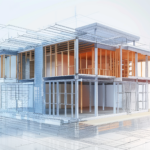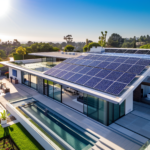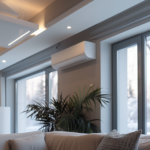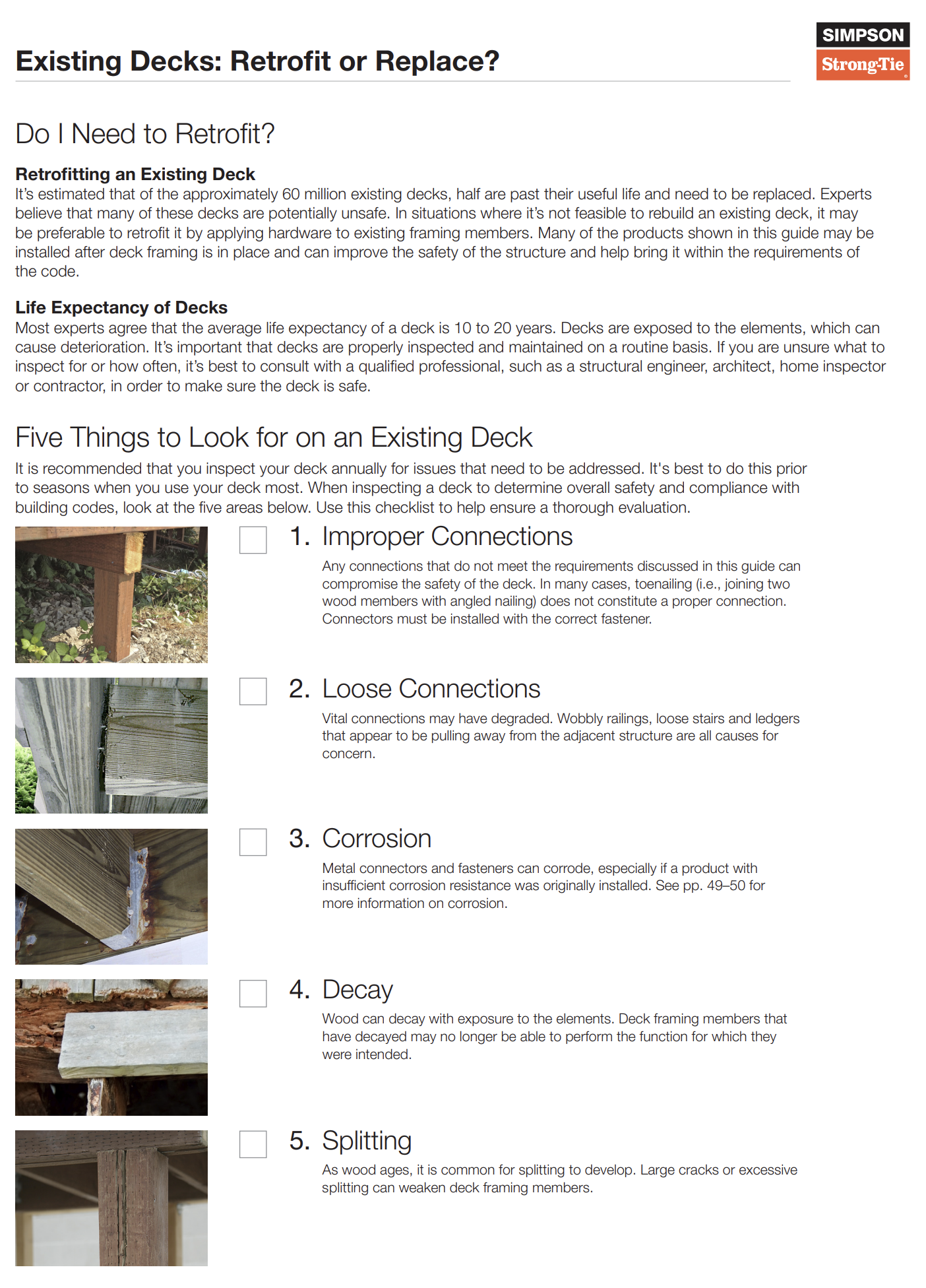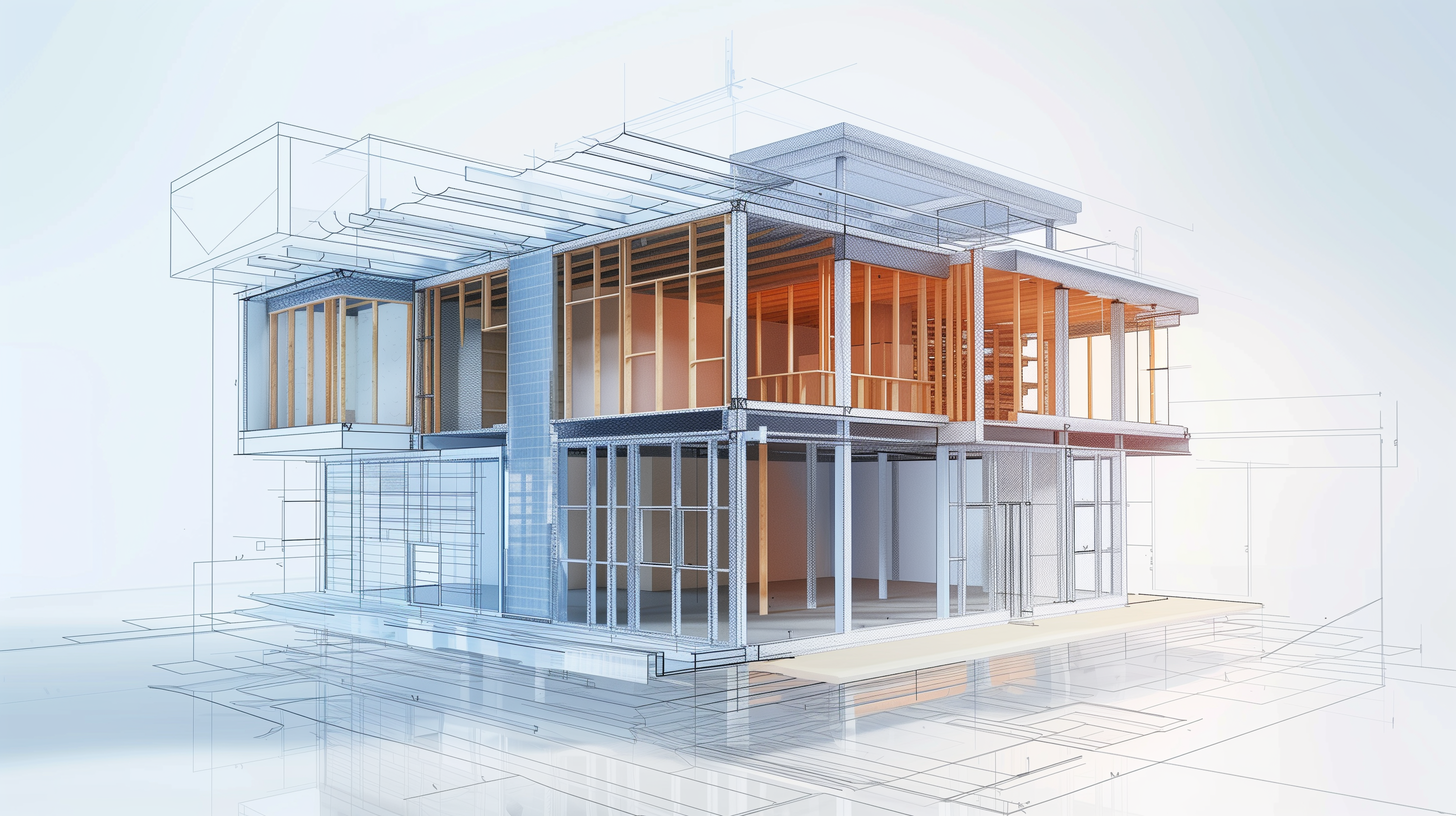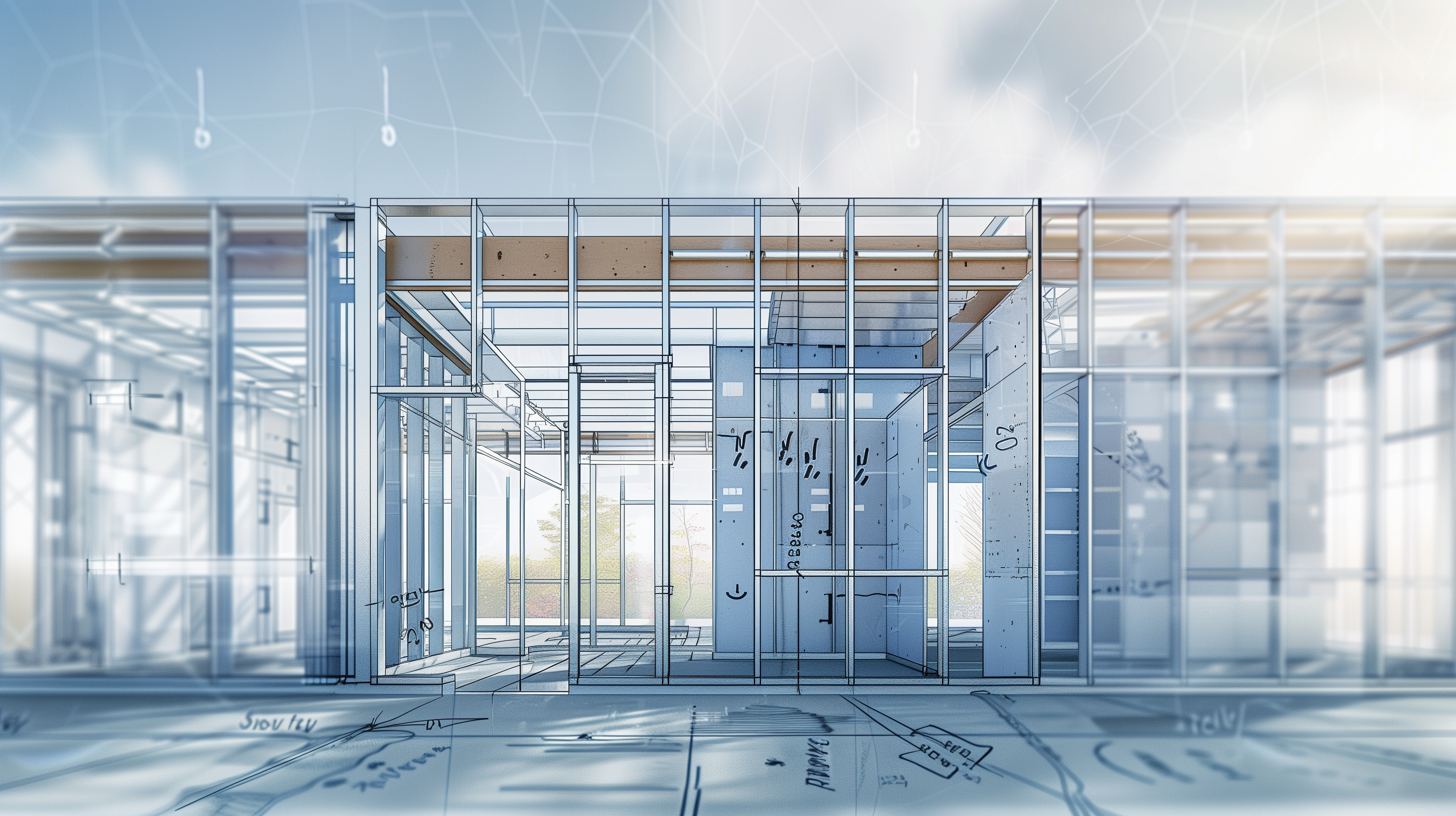Decks provide a great outdoor living space but require regular maintenance and occasional updates to ensure safety and compliance with building codes. If you have an existing deck, you might be wondering whether it needs to be retrofitted or completely replaced. This blog will help you determine the best course of action for your deck.
Do I Need to Retrofit?
Assessing the Need for Retrofitting
It’s estimated that about half of the 60 million existing decks in the United States are past their useful life and need to be replaced. Many of these decks are potentially unsafe, which is why it’s crucial to evaluate their condition regularly. Retrofitting, or applying hardware to existing framing members, can improve the safety and extend the life of a deck when a full rebuild isn’t feasible.
Life Expectancy of Decks
Most experts agree that the average life expectancy of a deck is between 10 to 20 years. Decks are exposed to the elements, which can cause deterioration over time. Regular inspections and maintenance are vital to ensure the deck remains safe.
When to Consult a Professional
If you’re unsure about the condition of your deck or how often to inspect it, consulting with a qualified professional, such as a structural engineer, architect, home inspector, or contractor, is advisable. They can provide a thorough assessment and recommend necessary repairs or upgrades.
Retrofitting an Existing Deck
Retrofitting involves reinforcing the deck’s structure with additional hardware to meet current safety standards. Many retrofit products can be installed after the deck is built, improving its safety and bringing it up to code.
Five Things to Look for on an Existing Deck
Annual Inspection Checklist
Inspect your deck annually, especially before peak usage seasons, to identify and address any safety issues. Here are five key areas to evaluate:
- Improper Connections
- Ensure all connections meet current safety standards. Toenailing (joining two wood members with angled nailing) often does not provide a proper connection. Use the correct connectors and fasteners.
- Loose Connections
- Check for wobbly railings, loose stairs, and ledgers pulling away from the house. These are critical issues that need immediate attention.
- Corrosion
- Inspect metal connectors and fasteners for corrosion. Products with insufficient corrosion resistance can compromise the deck’s integrity.
- Decay
- Look for wood decay, which can occur from prolonged exposure to the elements. Decayed framing members may not support the deck properly.
- Splitting
- Examine the wood for large cracks or excessive splitting, which can weaken the deck’s structure.
Connector Solutions for Retrofitting
When retrofitting an existing deck, selecting the right connectors is essential. Here are some recommended products from Simpson Strong-Tie:
LCE/AC Post Caps
- Usage: Two-piece cap that can be installed before or after lumber is in place.
DJTZ Connectors
- Usage: Connects beams to the side of the post, available in ZMAX® coating or stainless steel.
LUS Joist Hanger
- Usage: Provides bearing and uplift resistance with double-shear nailing for added strength.
DTT2 Deck Tension Tie
- Usage: Fastens the guard post to deck framing horizontally, available in ZMAX coating or stainless steel.
H1 Hurricane Tie
- Usage: Attaches to both sides of the joist for added support.
RPBZ Retrofit Post Base
- Usage: Reinforcement for post applications.
DTT1Z Deck Tension Tie
- Usage: Provides lateral connections into wall plates, headers, or studs.
For more detailed information on these products and their applications, visit strongtie.com.
Conclusion
Determining whether to retrofit or replace your deck is essential for ensuring safety and compliance with current building codes. Regular inspections and proper maintenance can extend the life of your deck, but when in doubt, consult with a professional. By addressing potential issues early, you can keep your deck safe and enjoyable for years to come.
For immediate service or consultation, you may contact us at Allied Emergency Services, INC.
Contact Information:
- Phone: 1-800-792-0212
- Email: Info@AlliedEmergencyServices.com
- Location: Serving Illinois, Wisconsin, and Indiana with a focus on the greater Chicago area.
If you require immediate assistance or have specific questions, our human support is readily available to help you.
Disclaimer: This article is intended for informational purposes only. For professional advice, consult experts in the field.


